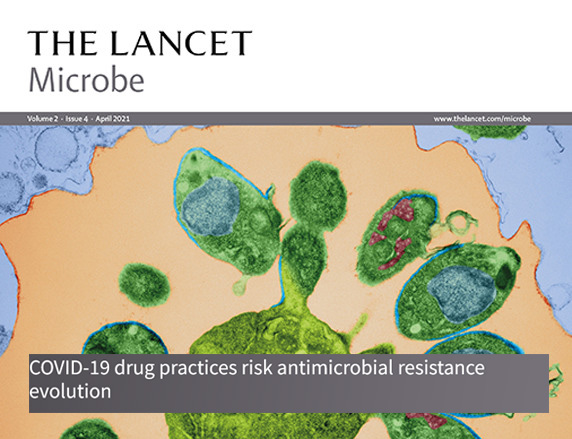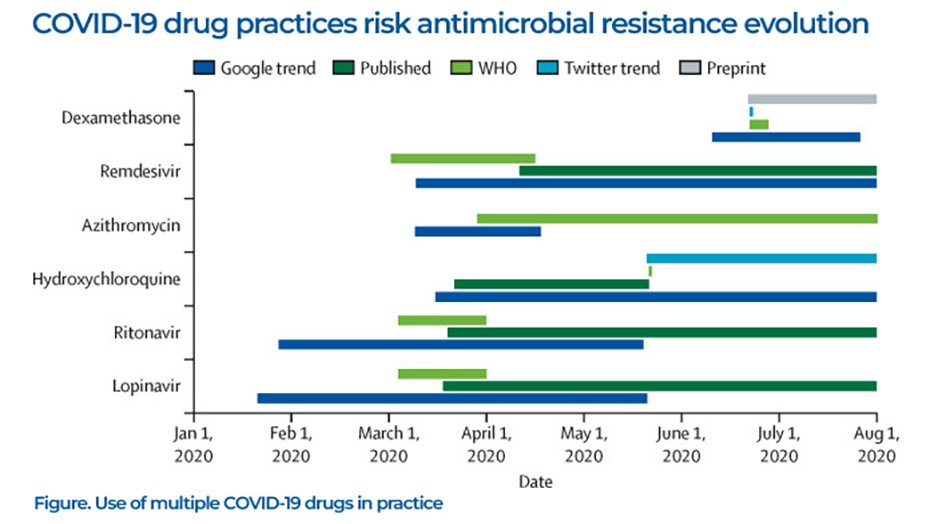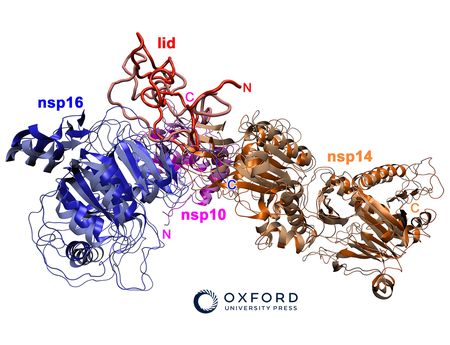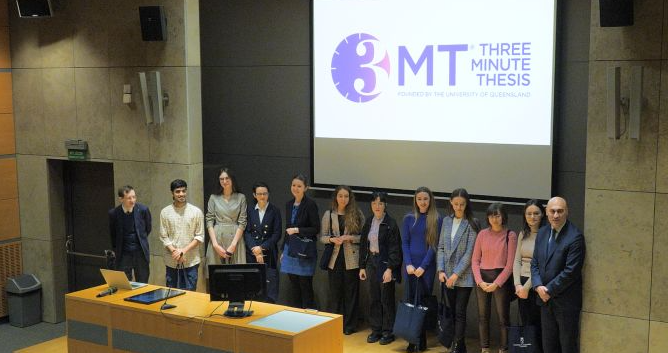
Antimicrobial resistance is one of the biggest challenges facing modern medicine. Because the management of COVID-19 is increasingly dependent on pharmacological interventions, there is greater risk for accelerating the spread of antimicrobial resistance. A study in a tertiary hospital environment revealed concerning colonisation patterns of microbes during extended periods. It also highlighted the diversity of antimicrobial resistance gene reservoirs in hospitals.
Admission of patients at tertiary hospitals have risen in the past year due to the COVID-19 pandemic. With hospitalisations exceeding normal capacity due to COVID-19 combined with impaired immune function in patients, risks of co-infections have substantially increased. The gap in a comprehensive understanding of co-infection and comorbidity caused by COVID-19 has led to rapidly changing protocols for patient handling, including administering multiple drugs (figure). The use of antiparasite, antiviral, antibacterial, and anti-inflammatory drugs for preventing secondary infections in patients with COVID-19 during a prolonged pandemic will inevitably invite aggravation of antimicrobial resistance. We might not only increase resistance in COVID-19 but also face challenges in the treatment of other infections.
Timeline of first appearance of major antiparasite, antiviral, antibacterial, and anti-inflammatory drugs for the treatment of COVID-19 in preprints, in a peer-reviewed article, as a Google search trend, as a worldwide Twitter trend, and the first time mentioned by WHO in situation reports. The other essential drugs for supportive care were first mentioned by WHO on April 14, 2020, as a part of the COVID-19 Essential Supplies Forecasting Tool.
Timeline of first appearance of major antiparasite, antiviral, antibacterial, and anti-inflammatory drugs for the treatment of COVID-19 in preprints, in a peer-reviewed article, as a Google search trend, as a worldwide Twitter trend, and the first time mentioned by WHO in situation reports.
Drugs are frequently replaced by new therapeutic options (figure). There was an increasing demand for and misuse of various drugs in the treatment of COVID-19. This has even been exacerbated by rapid publication of some papers without extensive peer-review and their recommendations by WHO and the centres for disease control and prevention. Social media has also played a role in increasing the popularity of some drugs, including a number of pharmacological substances with no proven effects. As an additional threat, imperfect drug penetration to patients with COVID-19 might lead to rapid evolution of multidrug resistance.
We must be vigilant and cautious that the fight against COVID-19 does not invite another significant threat to humankind.




